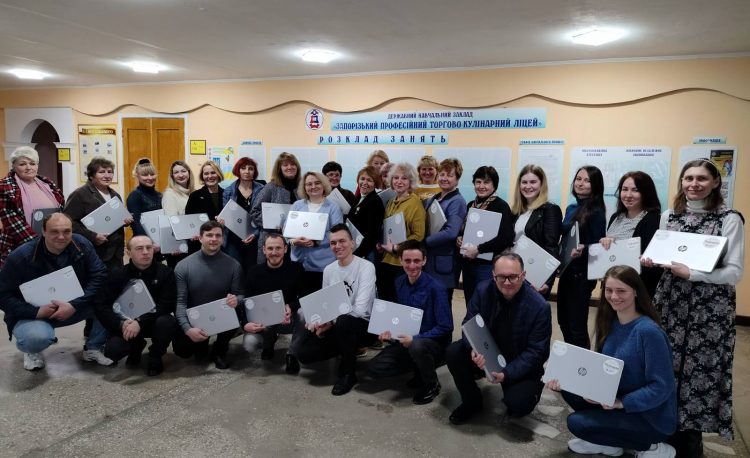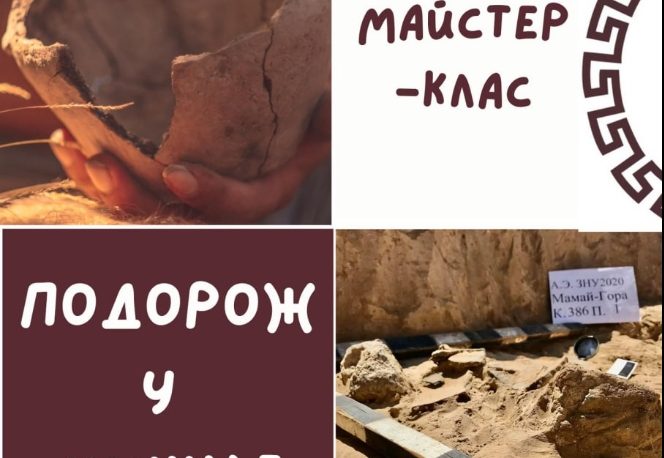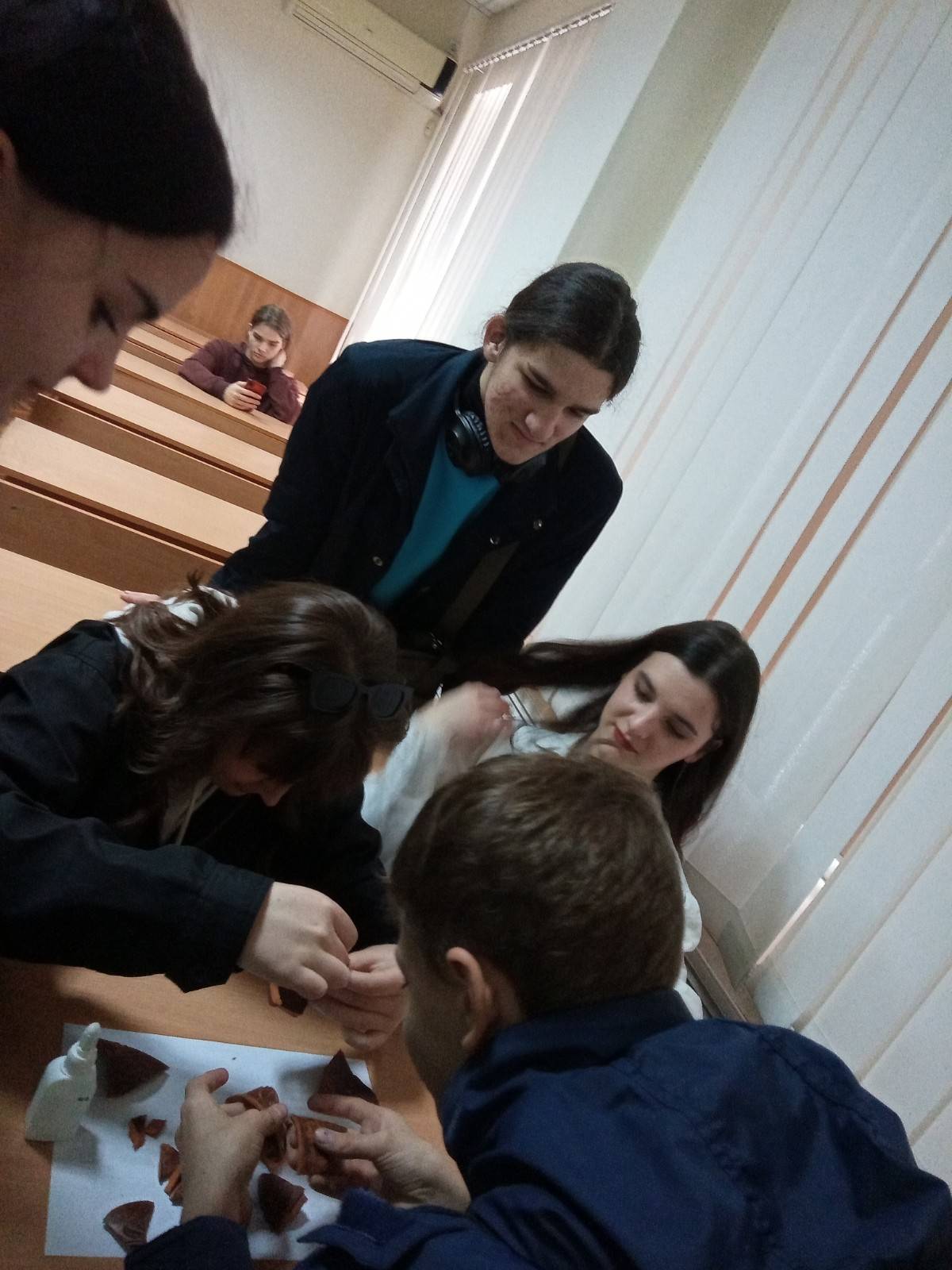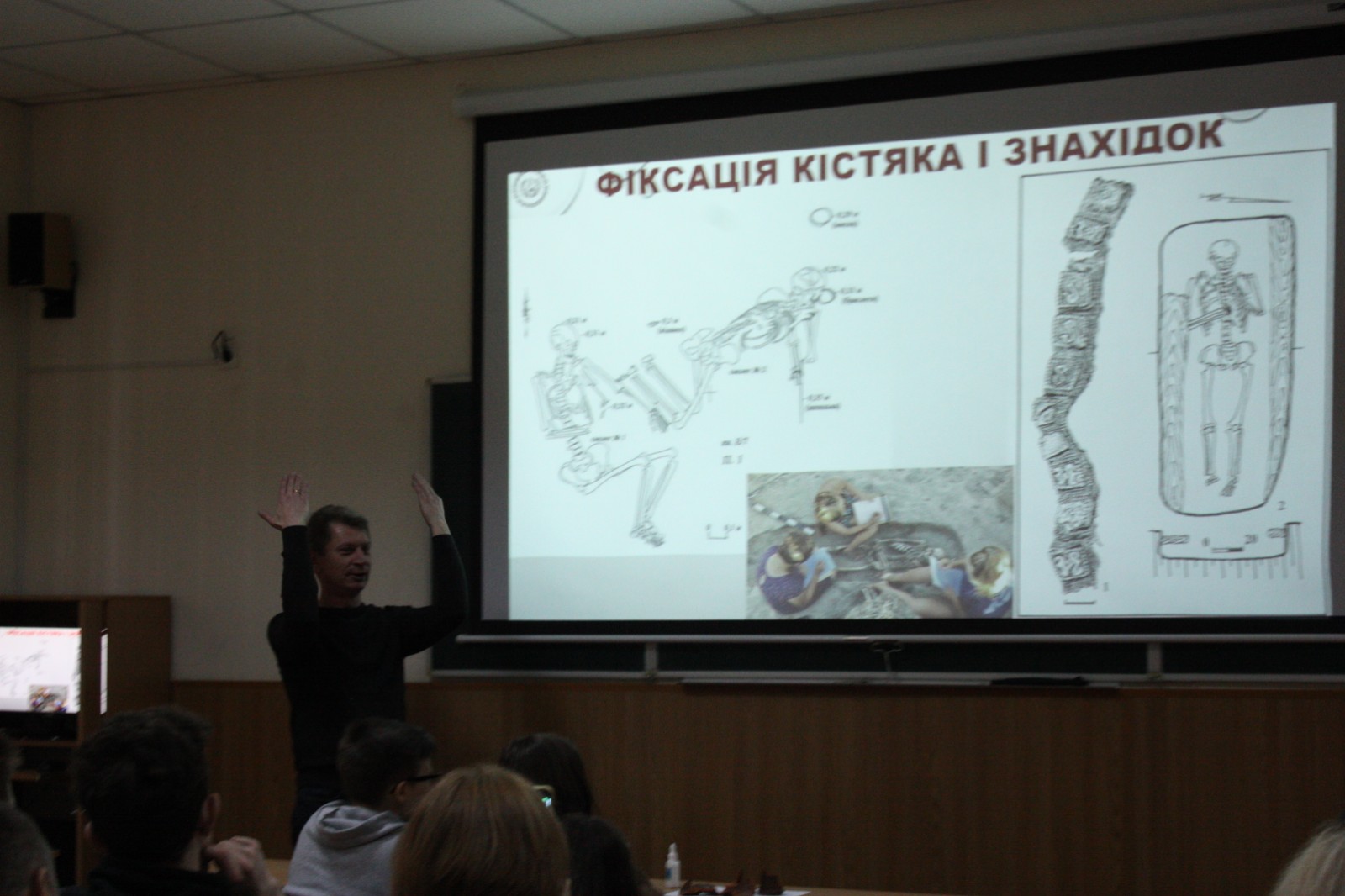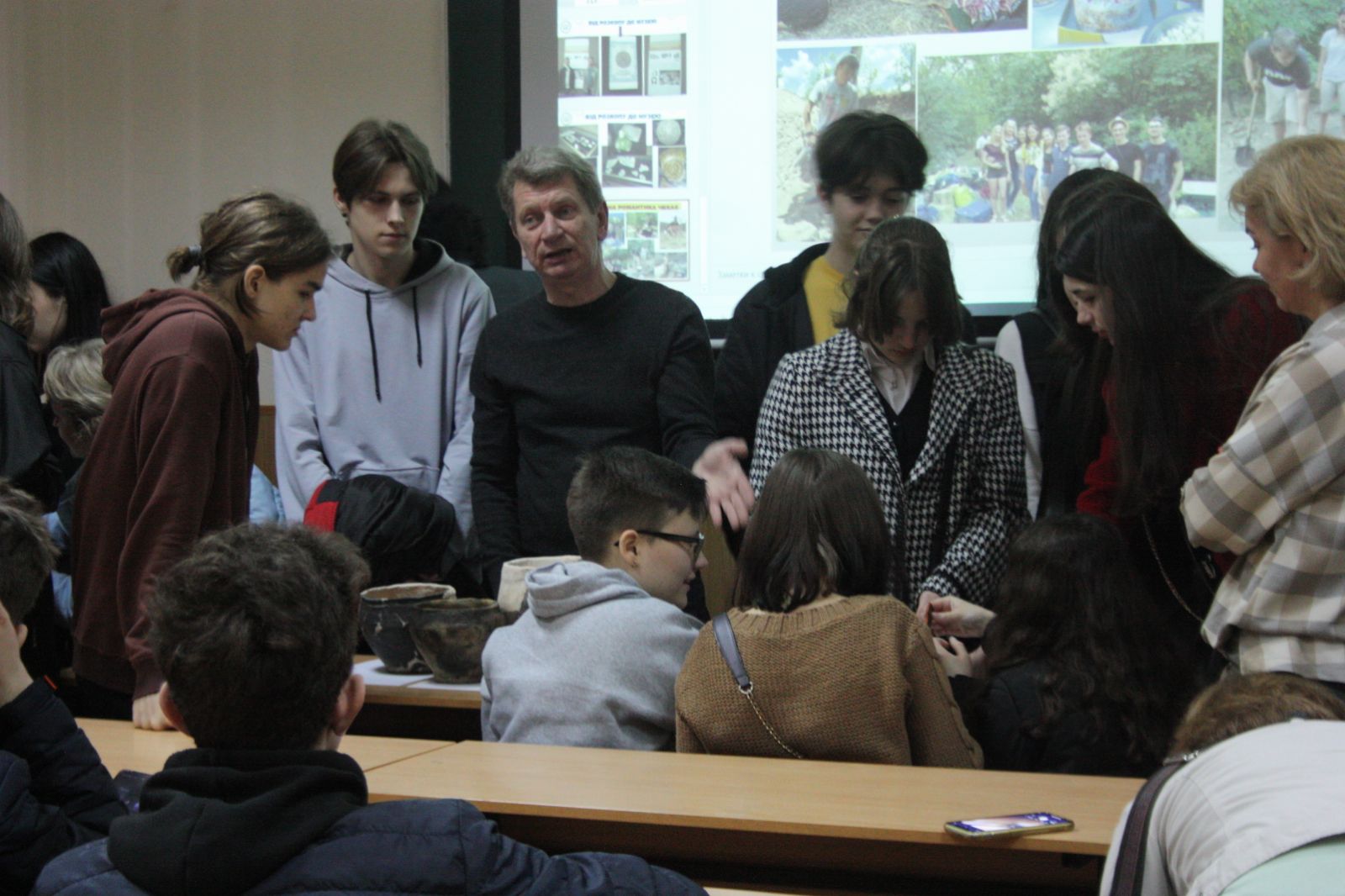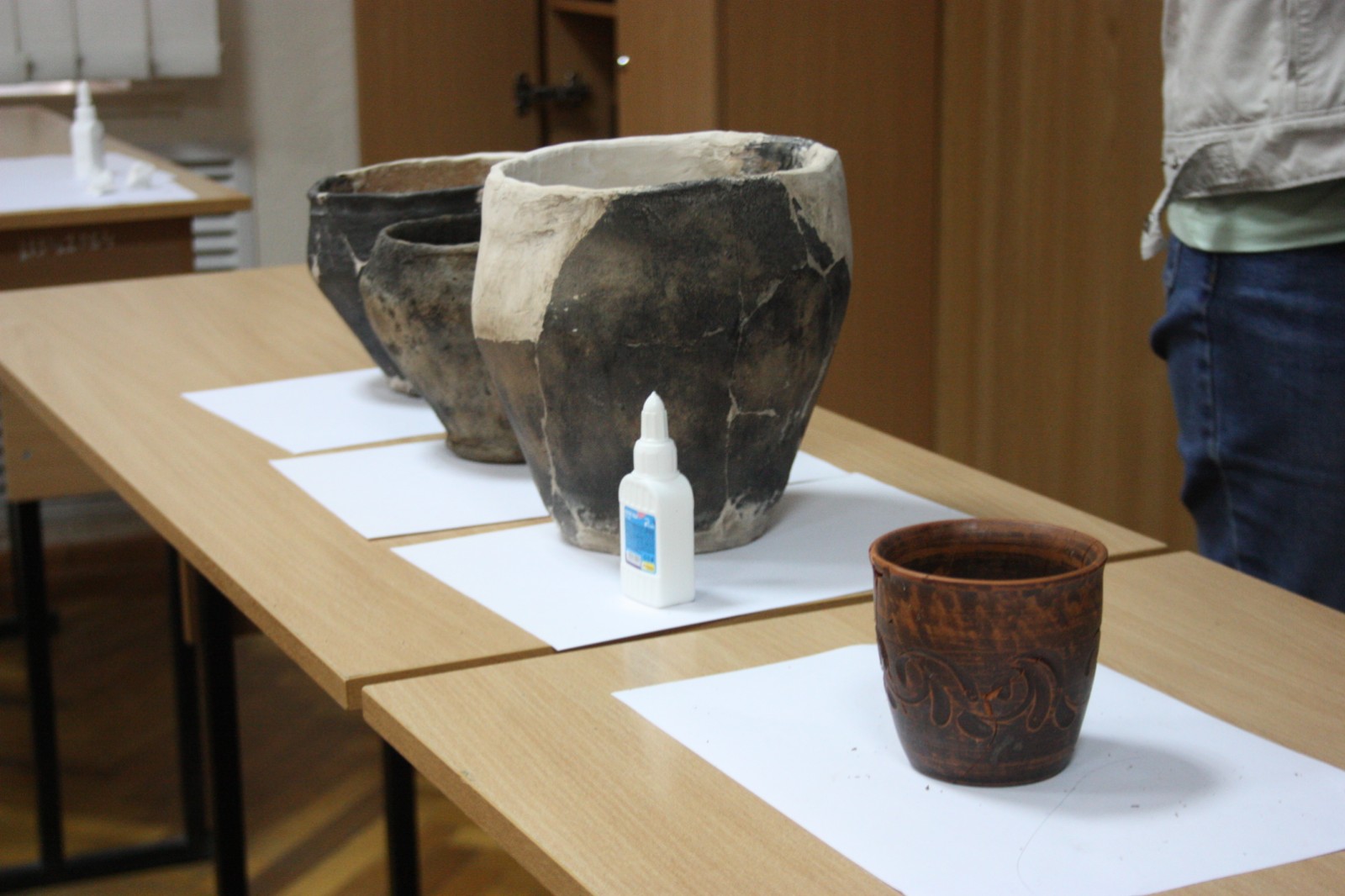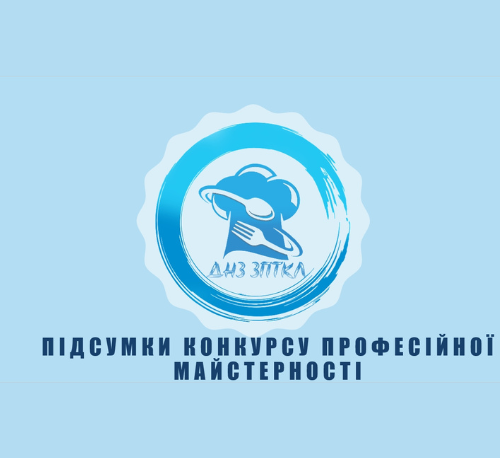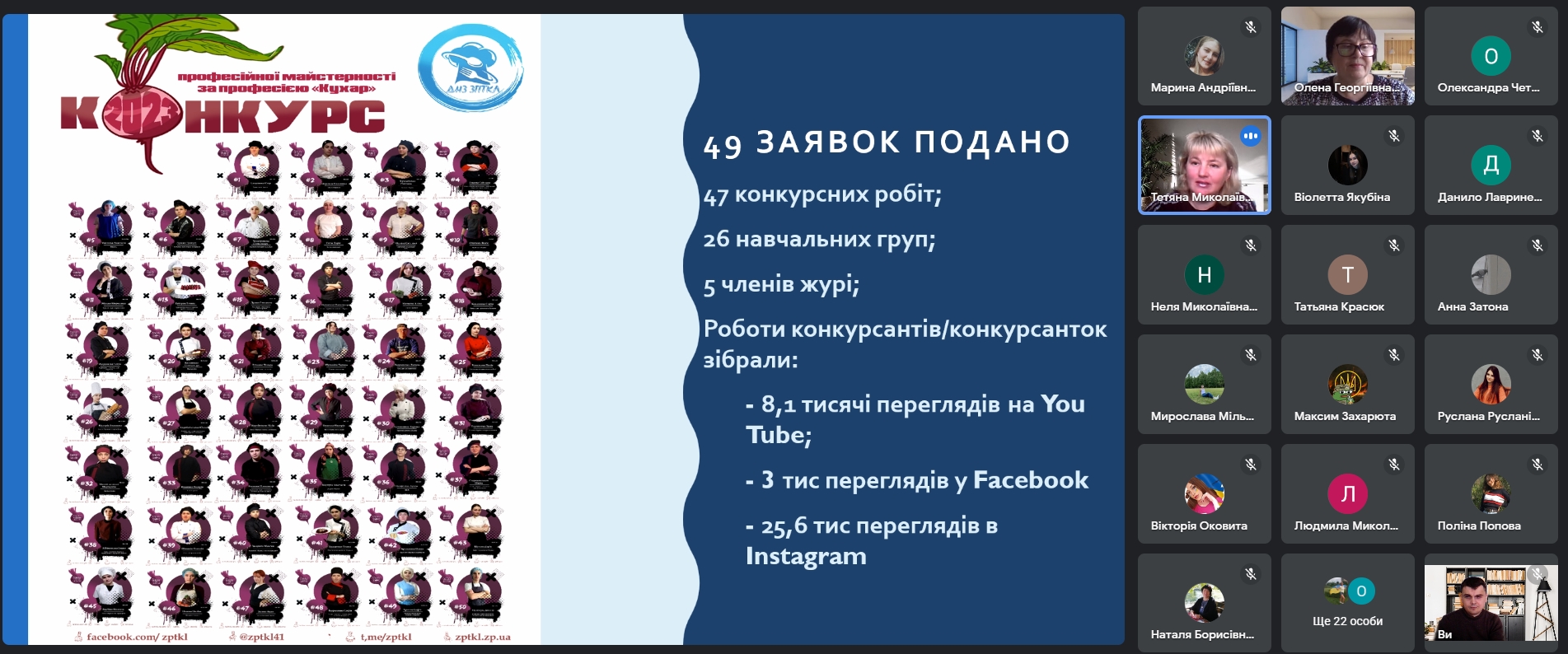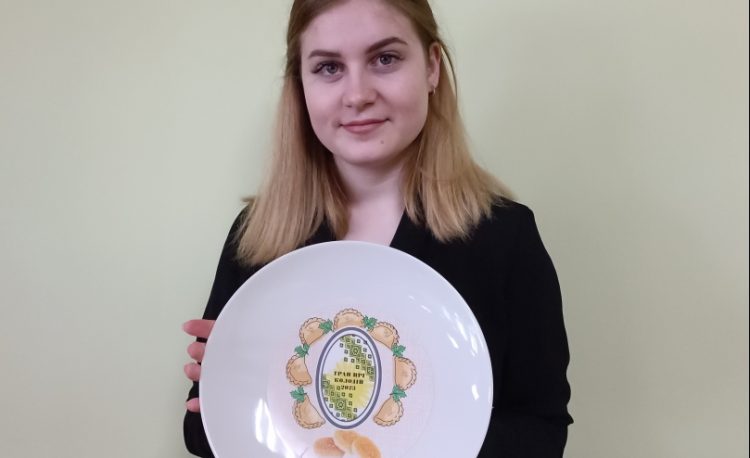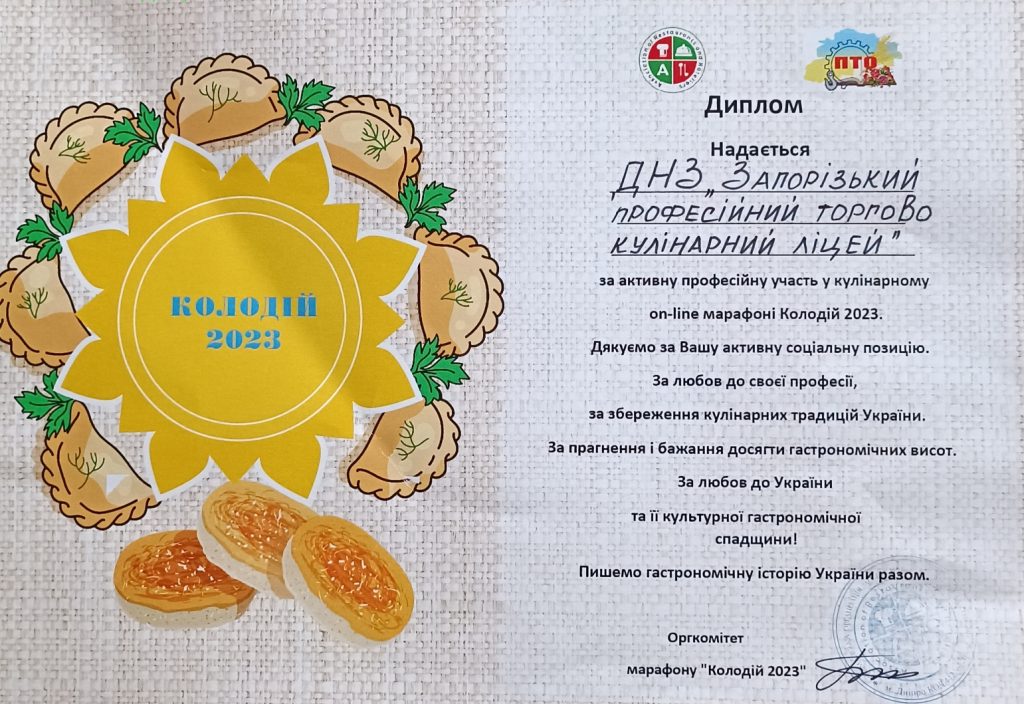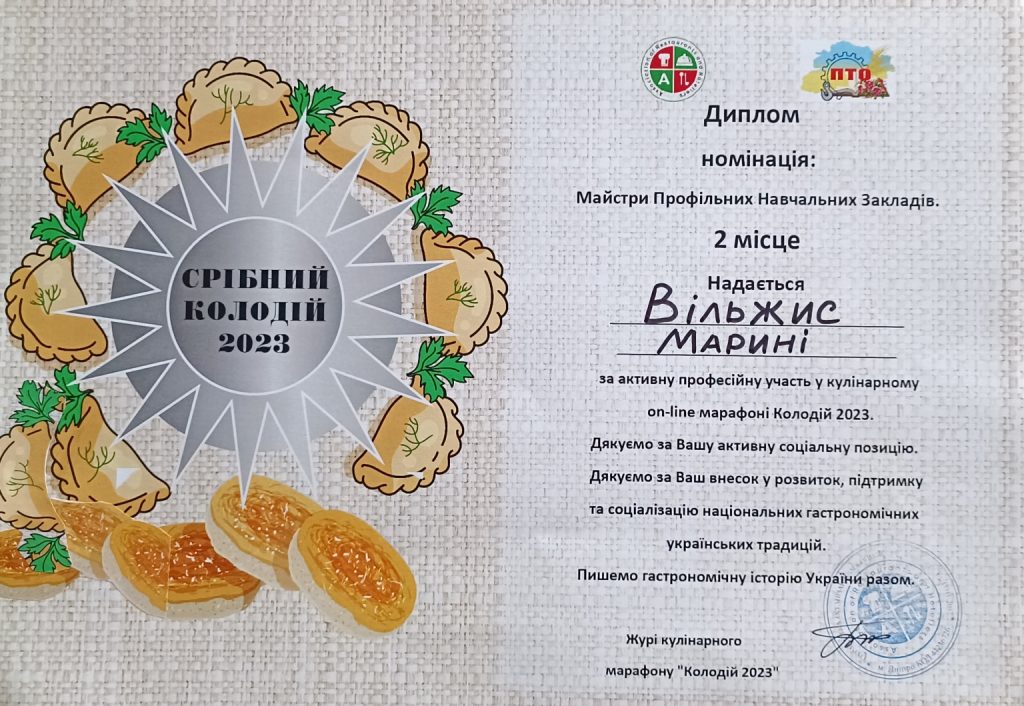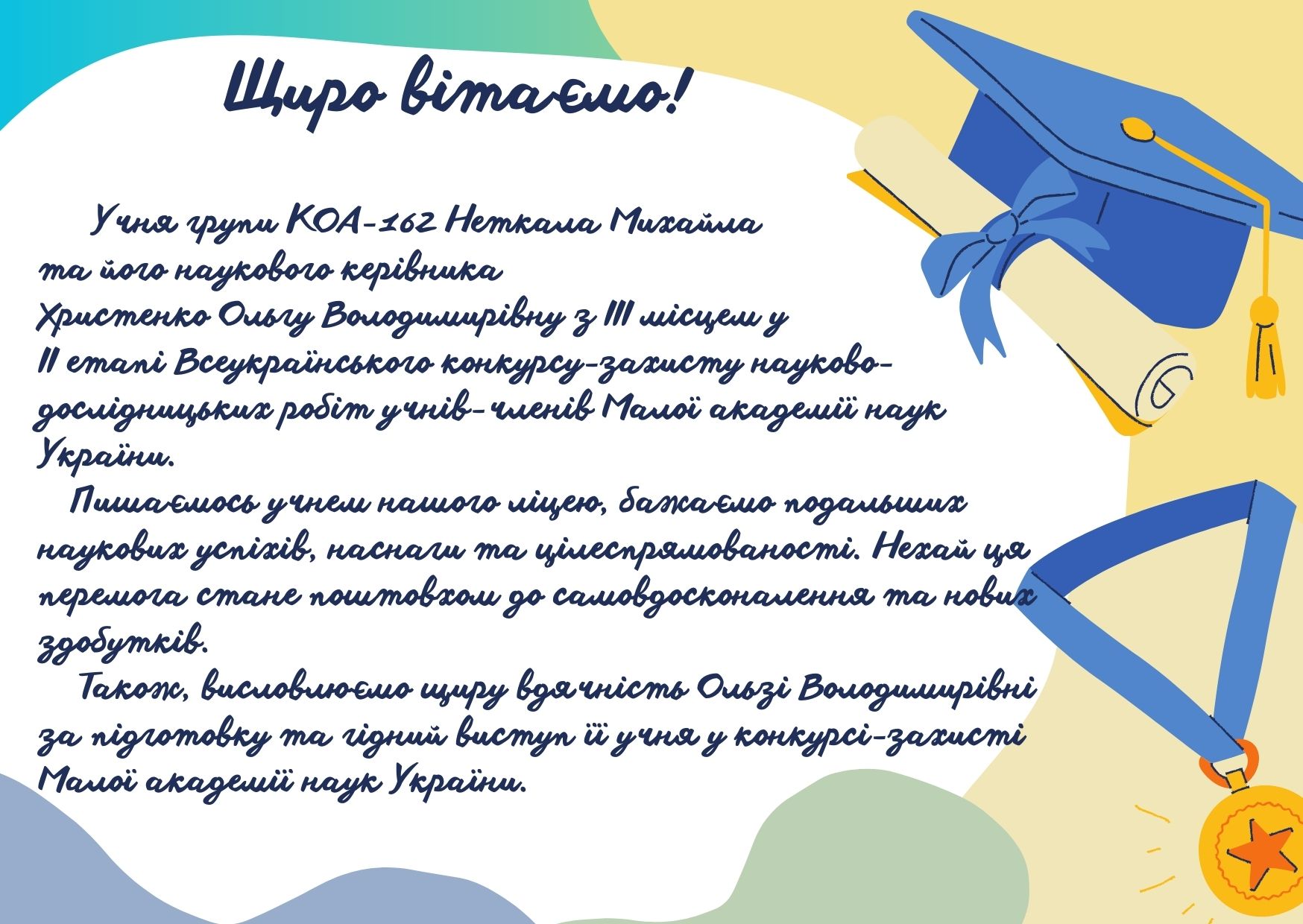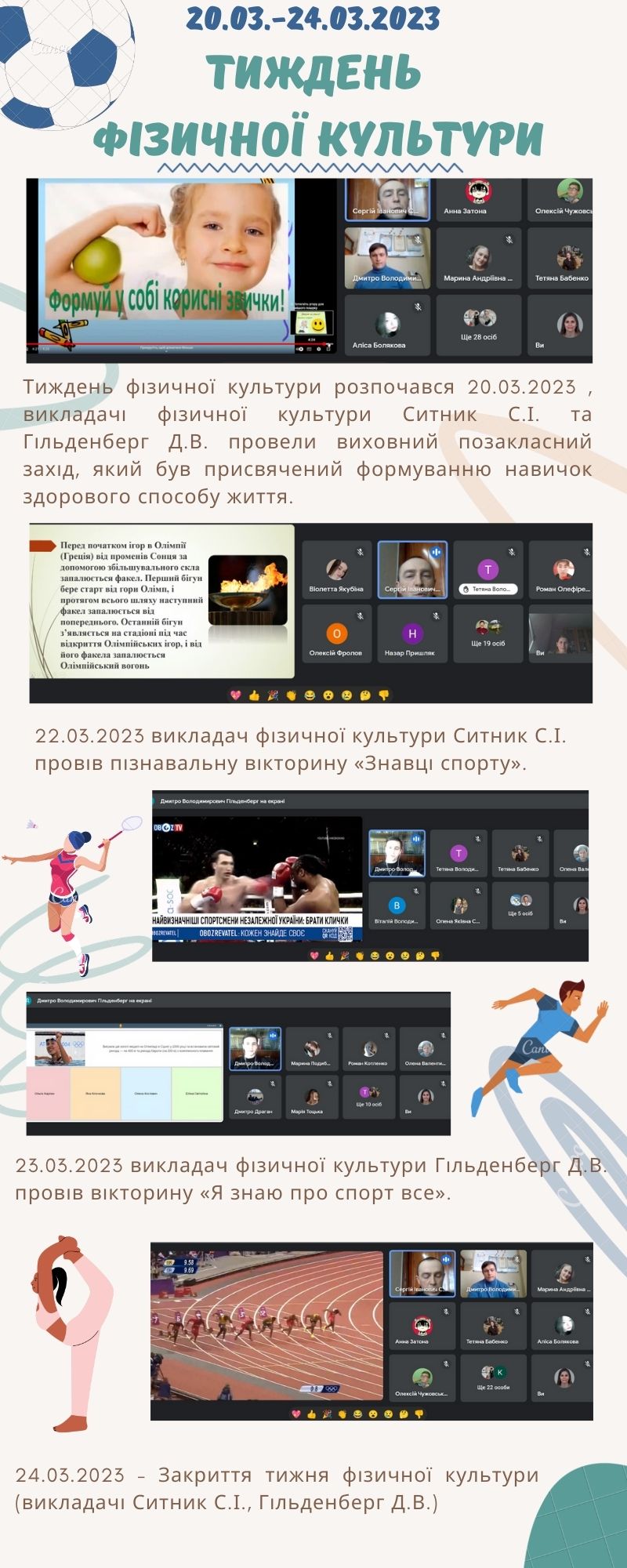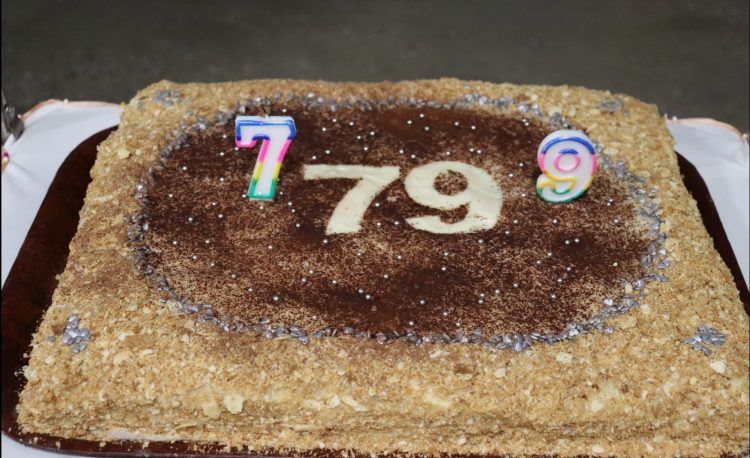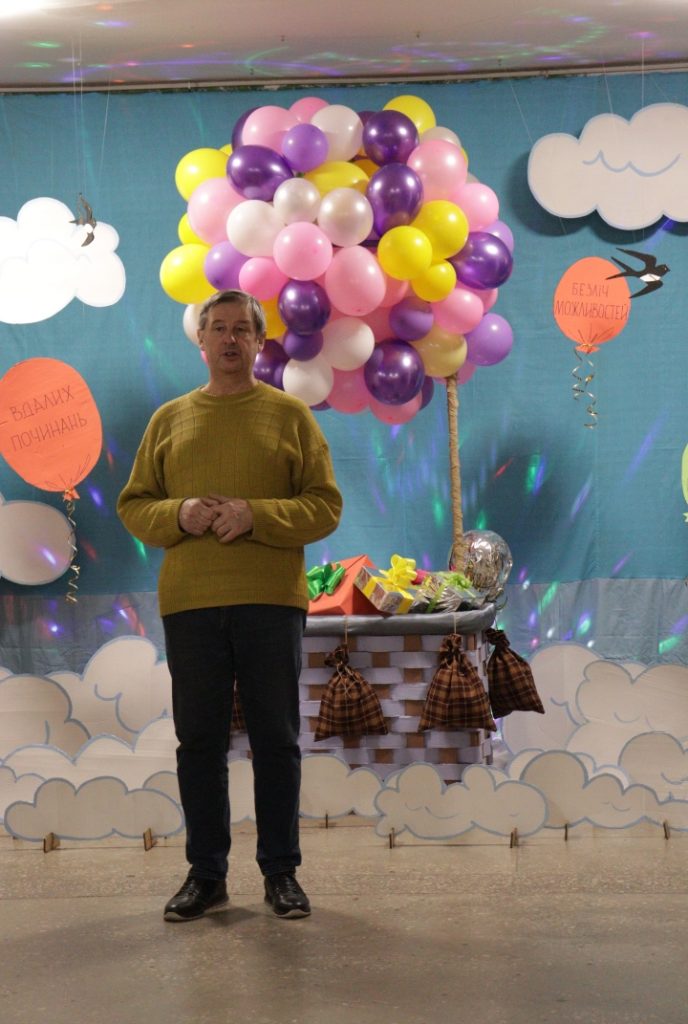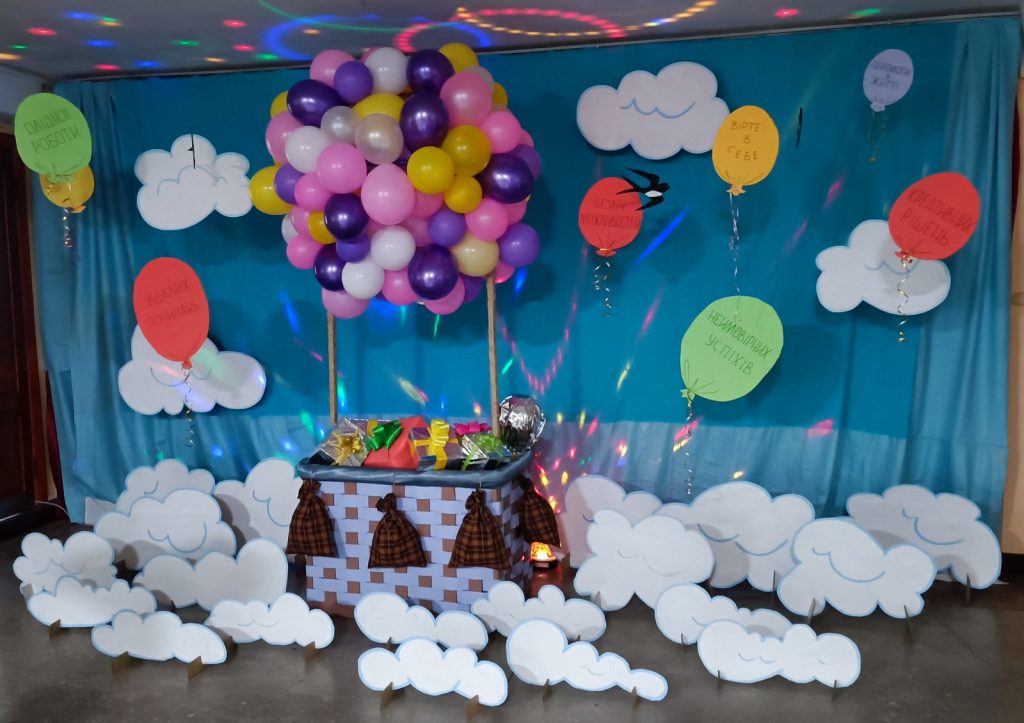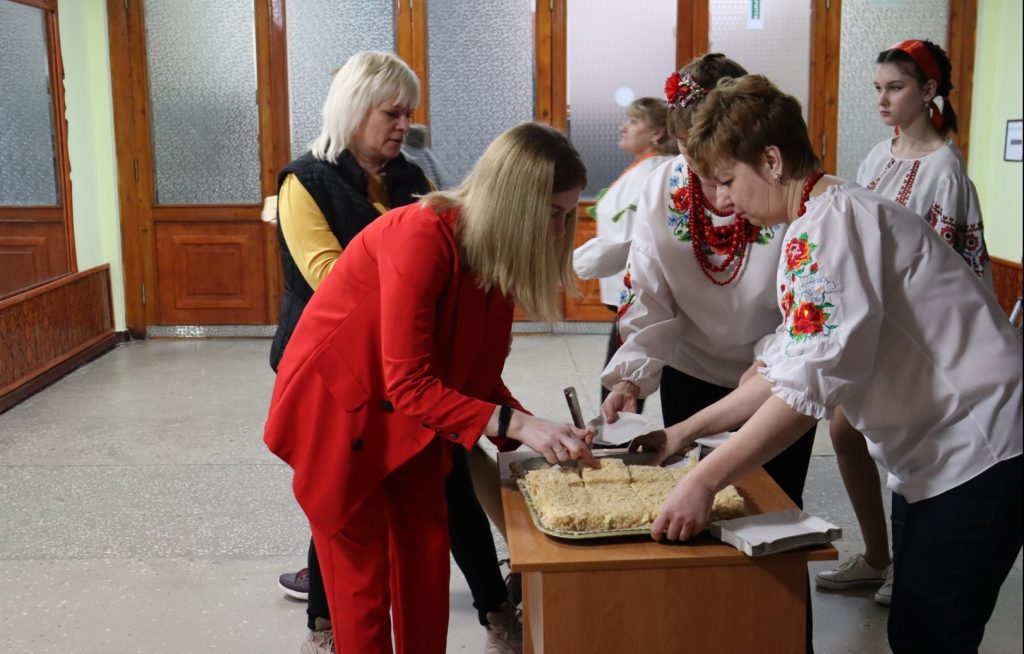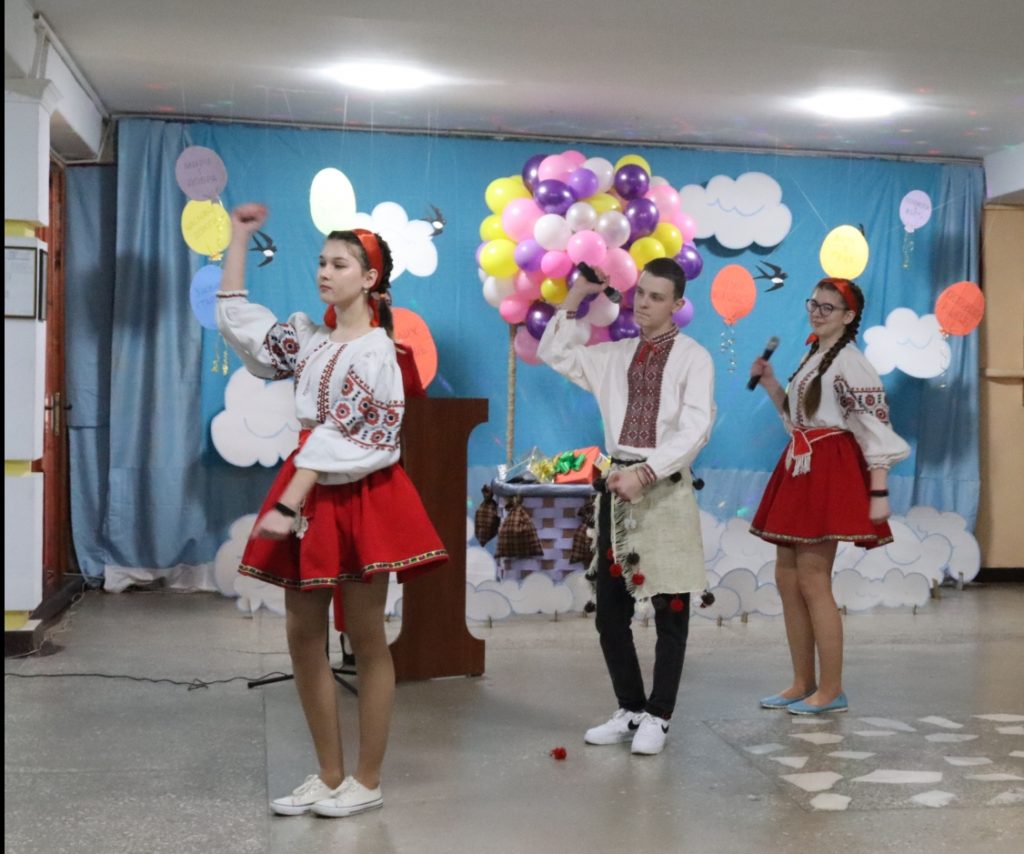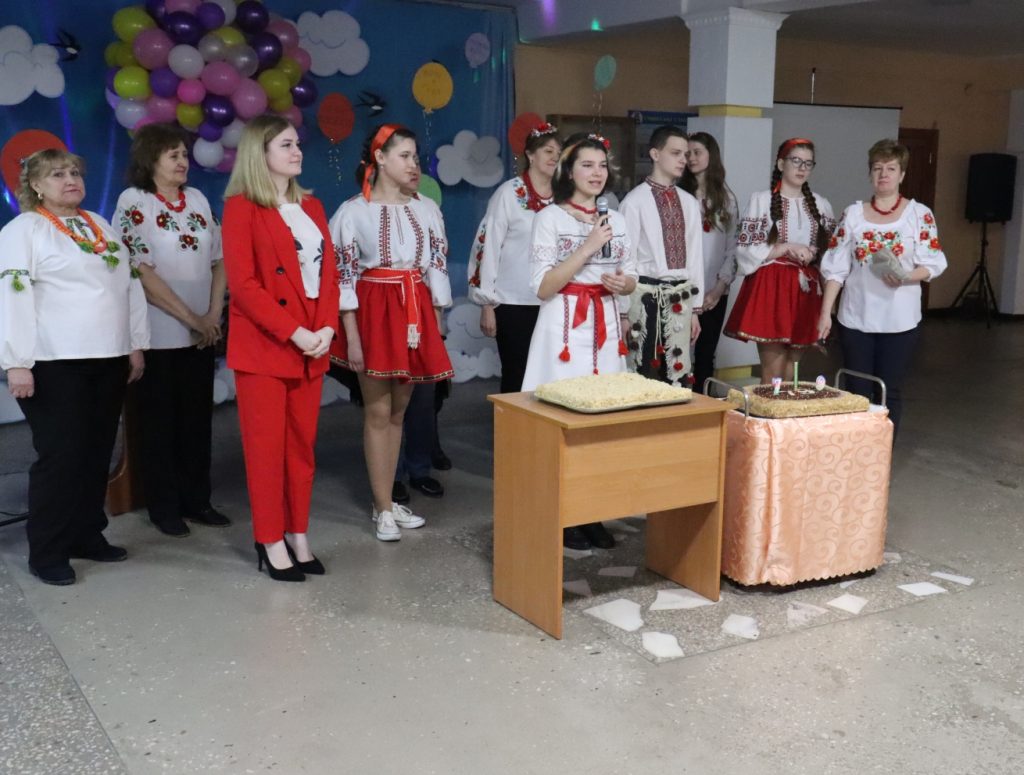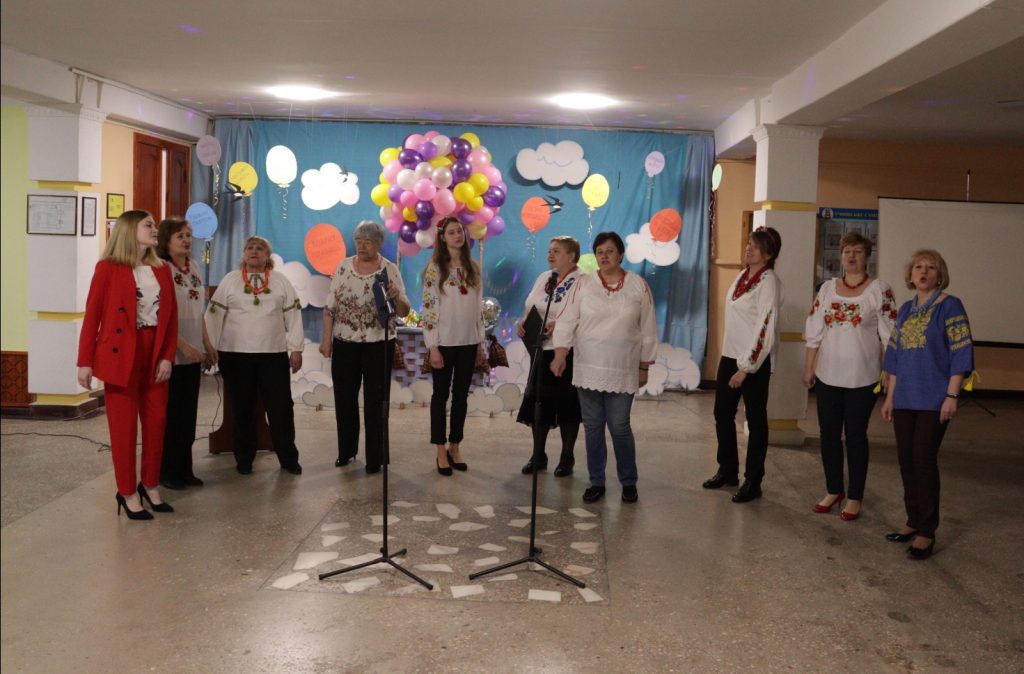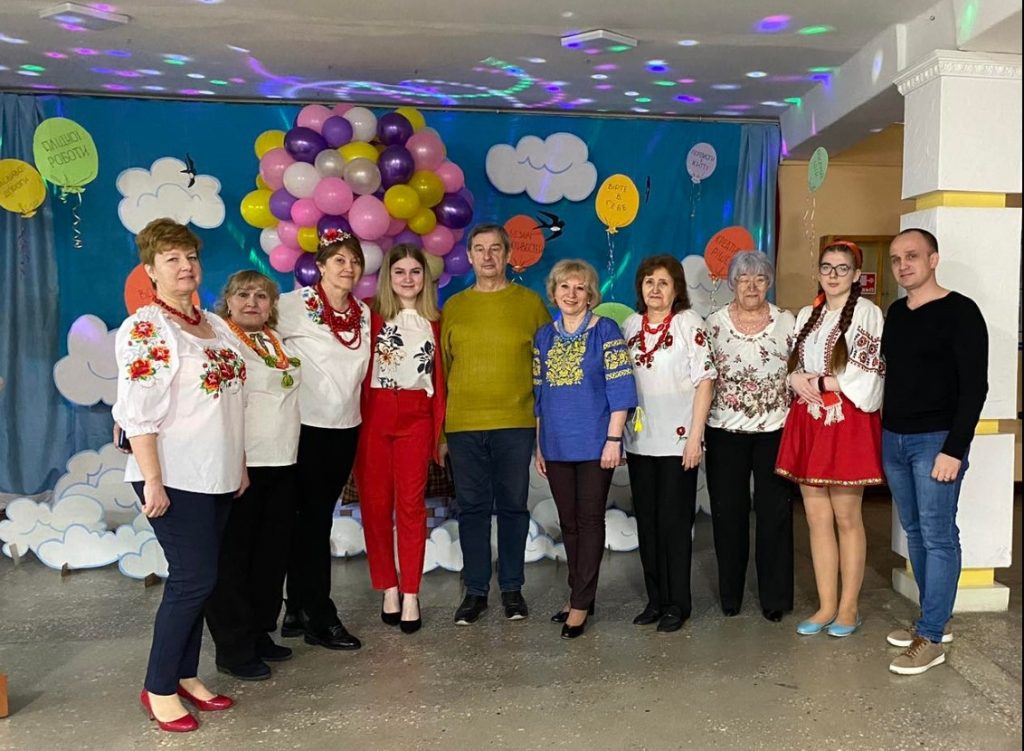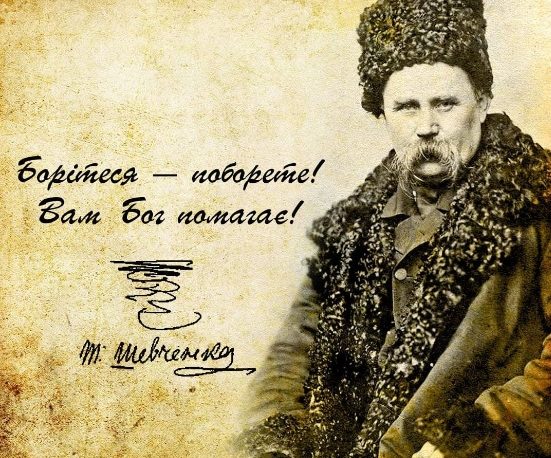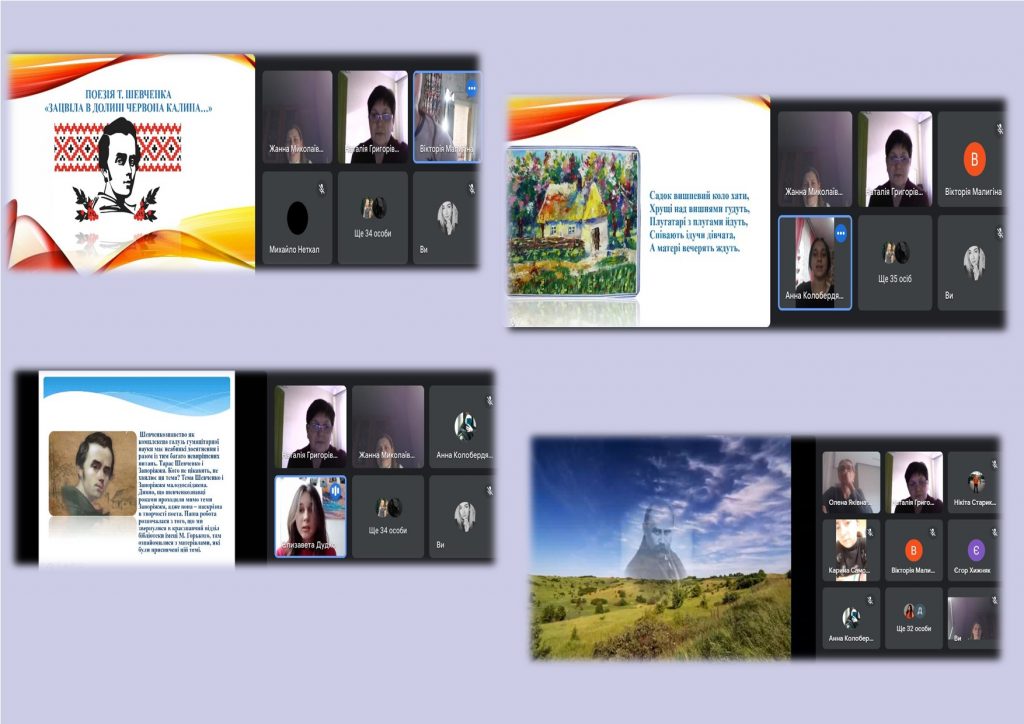21 квітня 2023 року учні нашого ліцею мали змогу відвідати надзвичайно цікавий захід: «Подорож у минуле: майстер-клас з археології», який відбувся на факультеті історії та міжнародних відносин Запорізького національного університету.
В групу, що відвідала цей майстер-клас, увійшли викладач Христенко Ольга Володимирівна та учні ліцею: Бован Софія, Білик Юлія, Боровікова Діана, Антоненко Тетяна, Малинка Анастасія, Неткал Михайло, Тоцька Марія, Сретенська Ніка, Шушура Олександр, Котленко Роман.
Захід вразив наших учнів своїм інформаційним різноманіттям, пізнавальністю, оригінальністю та емоційністю. На початку заходу до учнів звернулася декан факультету, Ольга Миколаївна Маклюк з привітальними словами. Потім учні побували на екскурсії в «Музеї повсякдення другої половини ХХ ст.». Її провела заступниця декана з навчальної роботи Ірина Миколаївна Кривко. На наступному етапі учасники відвідали археологічну лабораторію, де вони заринулися в світ знахідок з експедицій, що здійснювалися студентами факультету.
Сам майстер-клас провів його автор, Михайло Васильович Єльников, доцент кафедри всесвітньої історії та міжнародних відносин, в ході якого він розкрив учням методику та реалії археологічних розкопок, познайомив з досягненнями археологічних експедицій ЗНУ, продемонстрував техніки камеральної обробки знахідок.
Безперечно, родзинкою майстер-класу, яка викликала особливе захоплення в учасників, стала «реконструкція горщиків» з окремих фрагментів, які учні самостійно склеювали, але з практичними підказками від шановних науковців факультету.
Під час проведення всього заходу наші учні активно зверталися з численними запитаннями до науковців, лунало багато відповідей-здогадок, робилися особисті відкриття.
Треба зазначити, що нашим учням сподобалася така форма спілкування з науковцями, коли у невимушеній обстановці була можливість доторкнутися до вічного, великого та до історії України минулих часів.
У даній новині використані світлини Факультету історії та міжнародних відносин ЗНУ.
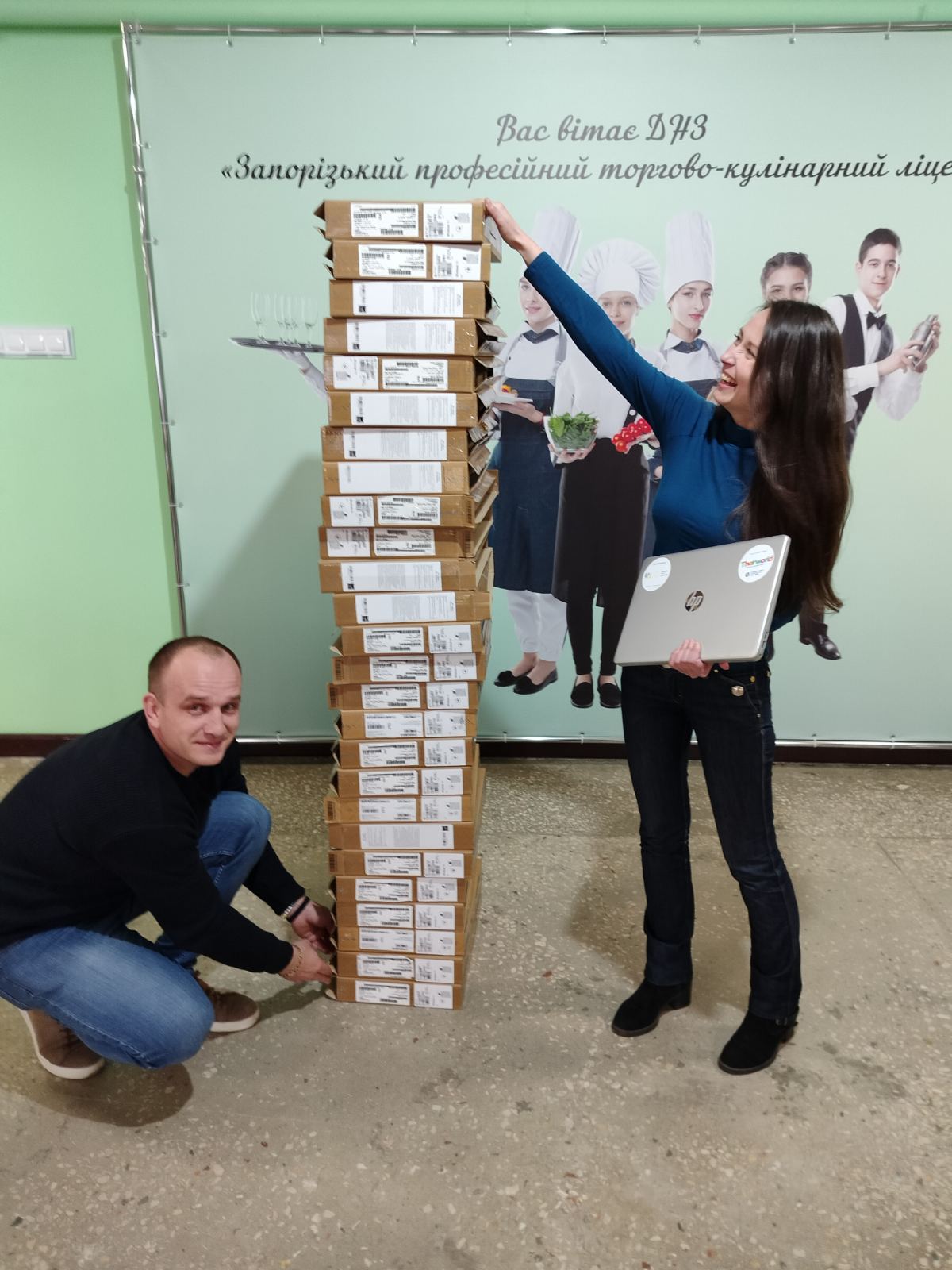 За сприяння Фундації Олени Зеленської у межах ініціативи Глобальної бізнес-коаліції для освіти (GBC-Education) та проєкту «Цифровий актив для України» компанії «HP» та «Microsoft» передано 30 ноутбуків для забезпечення роботи педпрацівників Державного навчального закладу «Запорізький професійний торгово-кулінарний ліцей». Ця подія є дуже важливою для нашого ліцею, адже цифрові технології стають необхідністю у сучасному світі та освітній процес повинен бути максимально пристосованим до нових викликів. Також хочемо висловити слова подяки Департаменту освіти і науки Запорізької обласної державної адміністрації за сприяння в реалізації даного проєкту. Ваша підтримка є невід'ємною частиною успіху нашого ліцею та освіти в цілому.
За сприяння Фундації Олени Зеленської у межах ініціативи Глобальної бізнес-коаліції для освіти (GBC-Education) та проєкту «Цифровий актив для України» компанії «HP» та «Microsoft» передано 30 ноутбуків для забезпечення роботи педпрацівників Державного навчального закладу «Запорізький професійний торгово-кулінарний ліцей». Ця подія є дуже важливою для нашого ліцею, адже цифрові технології стають необхідністю у сучасному світі та освітній процес повинен бути максимально пристосованим до нових викликів. Також хочемо висловити слова подяки Департаменту освіти і науки Запорізької обласної державної адміністрації за сприяння в реалізації даного проєкту. Ваша підтримка є невід'ємною частиною успіху нашого ліцею та освіти в цілому.